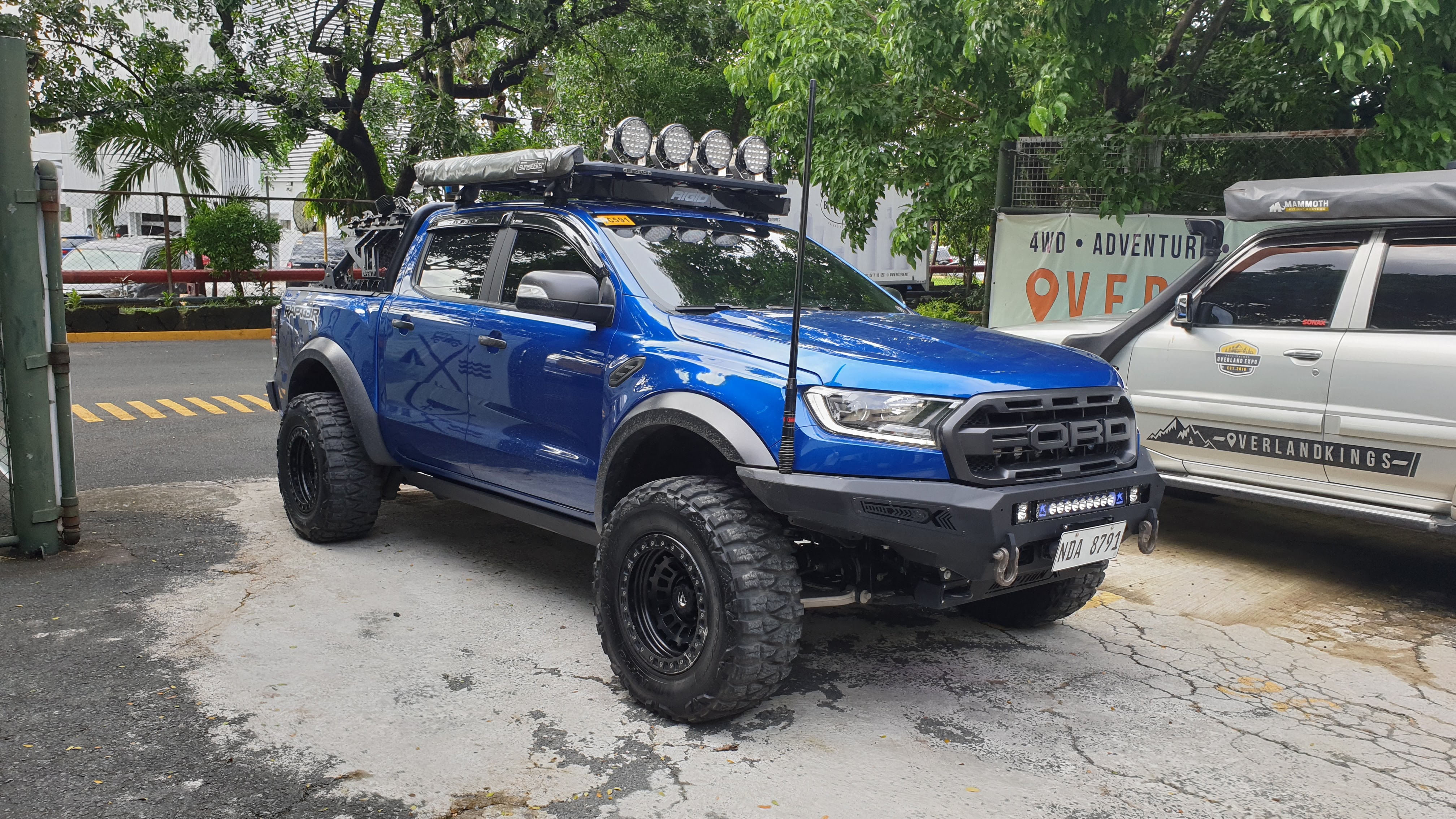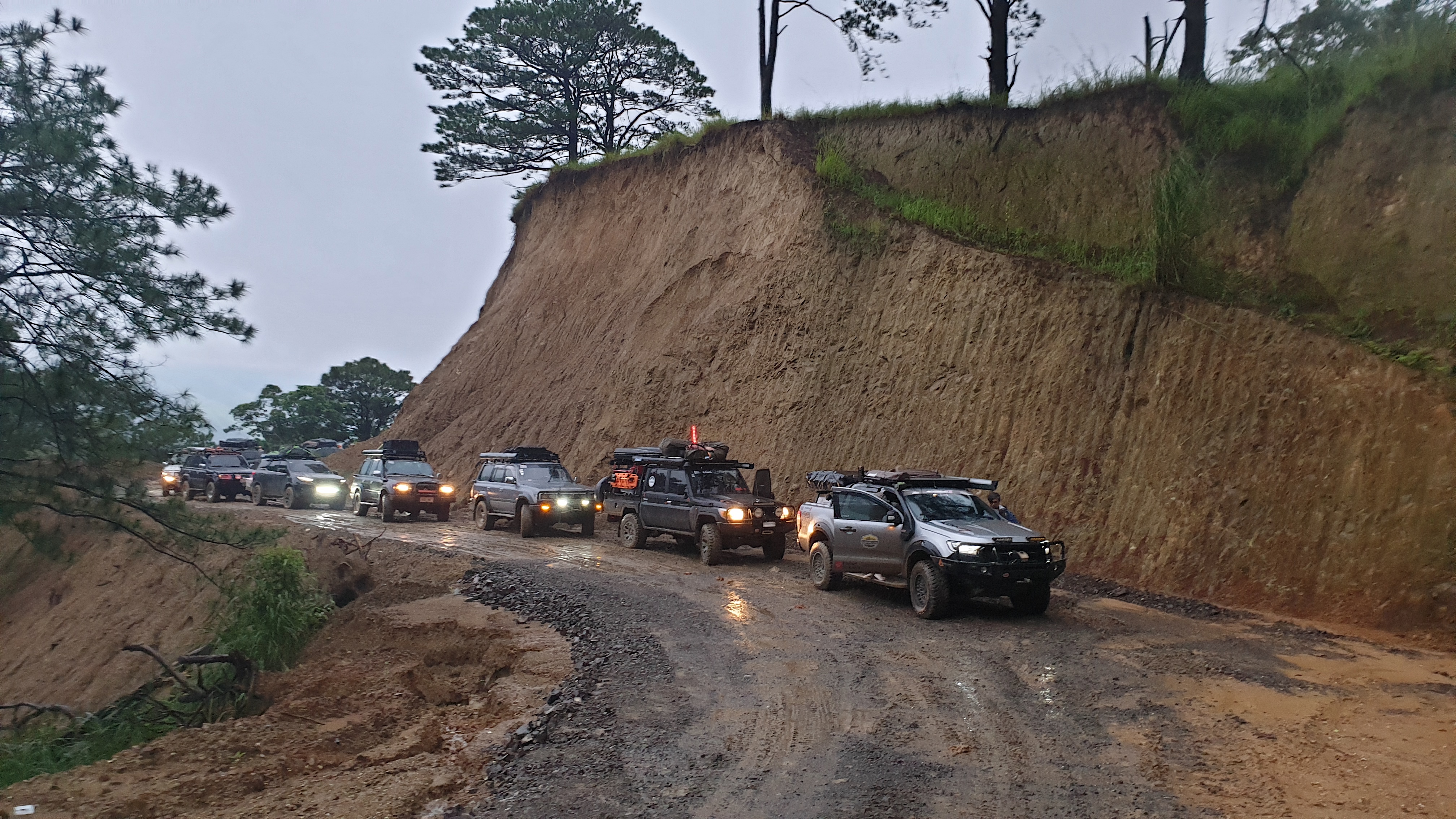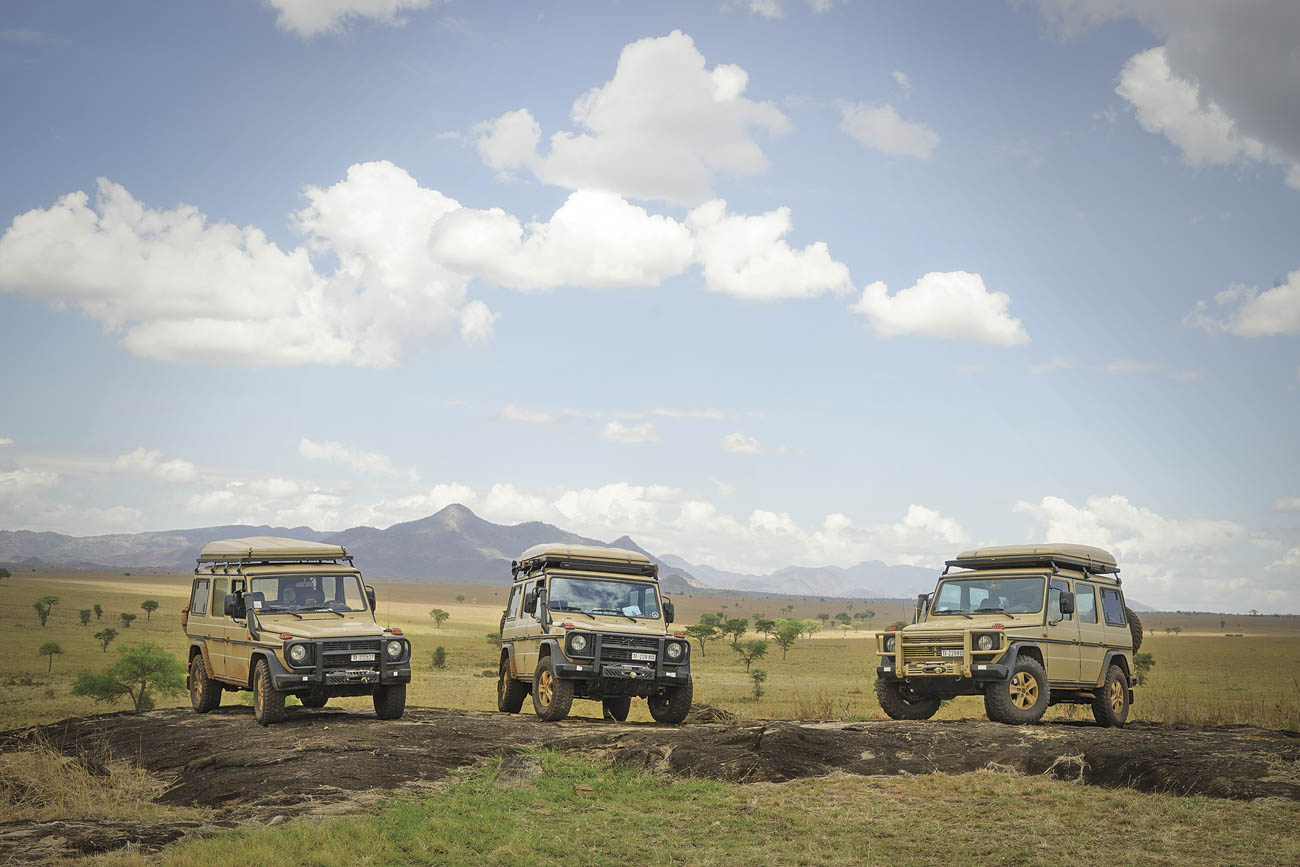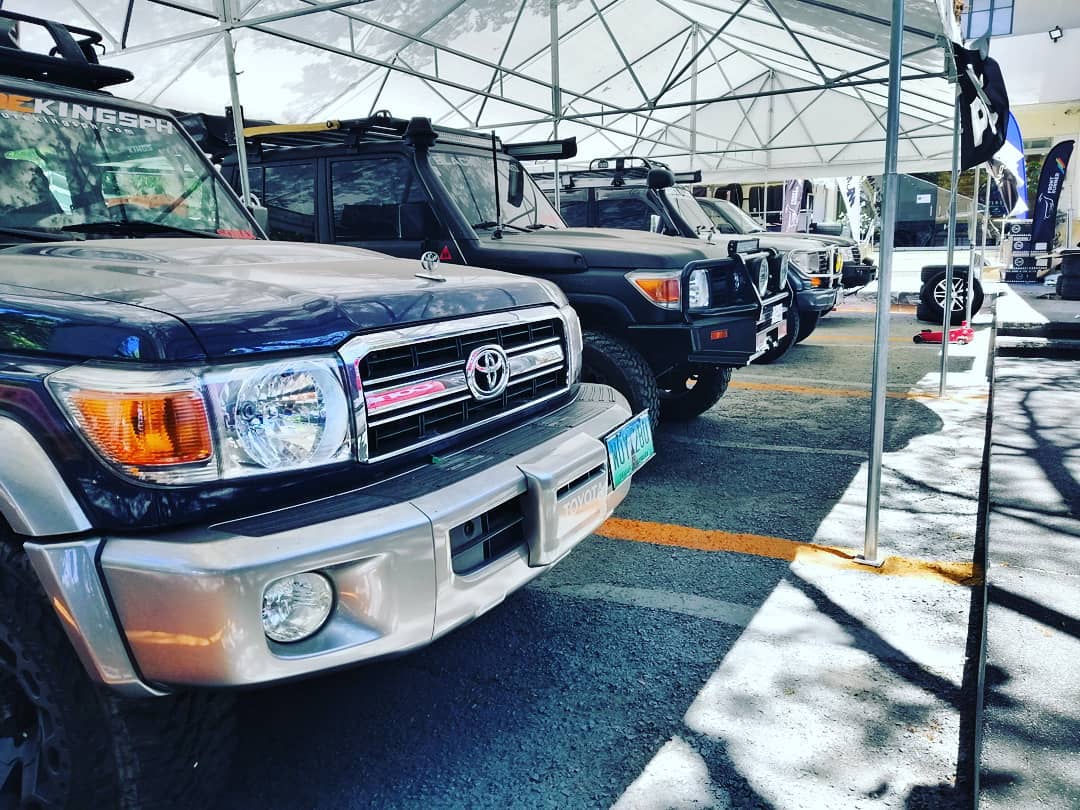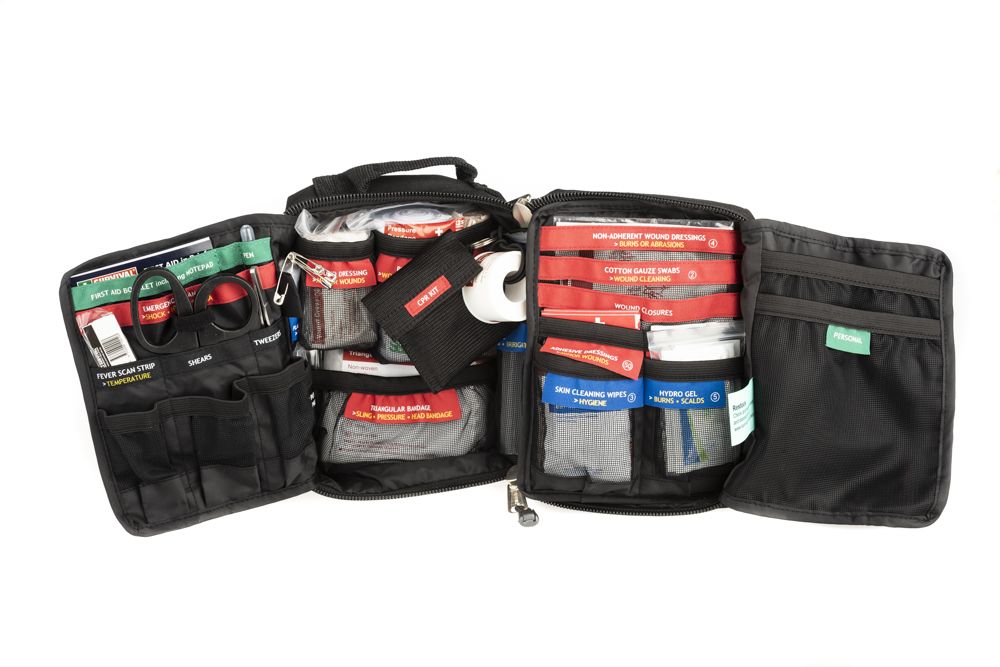Share
How should you pick a camping spot?
- It should be wide and flat enough to pitch your tent.
- Stick close to your water source.
- Stay on higher ground.
- Avoid insect breeding grounds.
- Stay off the trail.
- Keep away from potential dangers.
- Get to know your climate and landscape.
- Choose your ground while there’s light out.
If you’re new to backpacking, every new challenge might seem overwhelming to you at first. But even for a seasoned hiker on unfamiliar grounds, it can be tough to determine big decisions like the right place to set up camp.
There are many factors to consider, and if you miss something crucial, it could mean anything from a disappointing trip to potential danger. Read on for our tips on how to pick a camping spot. These tips were compiled with the Philippine landscape and climate in mind, but they’re applicable to sites in other countries, too.
It should be wide and flat enough to pitch your tent

Your first thing to consider should be the space. You’ll need a lot of it if you’re planning to pitch your Kings Tent for 2×2.5m Awning by your car, set up the BRS Portable Aluminum Kitchen for Camping and maybe even lay out your Adventure Kings Hooded Sleeping Bag on the ground by the fire.
Are there sharp rocks or debris in the area where you want to stay? Is the ground flat enough to keep your tent stable? These are all questions you need to answer before you even think of unpacking your tent.
Stick close to your water source—but not too close
Many times during this trip, you’ll need water—for drinking, washing, bathing, cooking, and emergencies. But just like you, animals will also be frequenting this water source every so often.
So don’t spend all your time so close to the river or lake. Find a spot that’s close by but still safe from unwanted visitors. 200 feet or 60 meters away from a body of freshwater is ideal.
Stay on higher ground
Staying on higher ground minimizes the risk of getting flooded in case it rains overnight, or being the victim of an avalanche, should it happen. A few meters above water level should be a good idea. Additionally, areas that are higher up are also inclined to have more of a breeze, keeping insects away
Avoid insect breeding grounds
And speaking of insects … one of the inconveniences of being outdoors are all the bugs you might encounter, especially in a tropical country like ours.
Insect repellent may do its job, but you have to do yours, too. In other words, choose a place where there aren’t a lot of bugs in the first place. That means no waterlogged areas or stagnant lakes.
Stay off the trail

If you’re after the true camping experience, you don’t want to be interrupted by other hikers or campers every few minutes. At the same time, you want to respect their space and let them find their own spots. So don’t be afraid to stray from the trail a bit—just make sure you’ll be able to find your way back once the trip is over.
Keep away from potential dangers
The farther you get from the beaten path, the more likely you are to see something you wouldn’t see everyday. Unfortunately, not all of those things are friendly. We cannot stress enough that you should be careful about choosing your camping sites, and make sure they’re far from animal habitats, falling trees, or avalanche-prone areas.
Get to know your climate and landscape
The more you know, the better prepared you’ll be. Make sure you know how the weather is likely to be on the days of your trip: is it going to rain? How cold will the night get? It’ll also do you good to know about the landscape you’re going to. How tiring is the hike? How busy will the trail likely be? Is it disaster-prone or potentially unsafe? Are there enough trees to provide shade and shelter?
Choose your ground while there’s light out

This might sound obvious, but we put it here because it involves some itinerary planning and mapping beforehand. Make sure you have enough time to actually search for your ideal camping site, otherwise you’ll be stuck with whatever’s convenient or available at the time, which is hardly ever the best place to be.
Key Takeaway
Choosing your camping site is one of the most important decisions you’ll make on your trip, because many outcomes depend on what you choose.
Make sure you consider these tips on how to pick a camping spot carefully, to make the most of your outing. We’d also like to send you off with this parting message: no matter the destination, remember to leave no trace and keep it the way nature intended.
